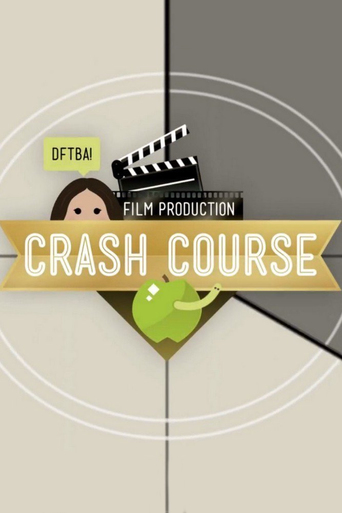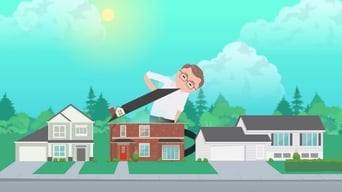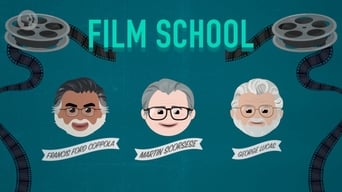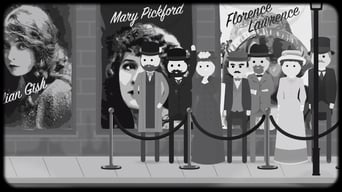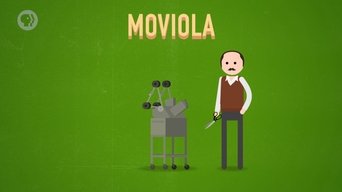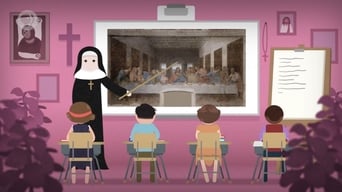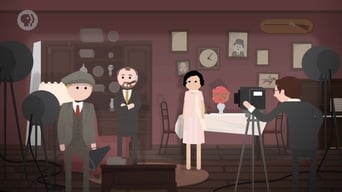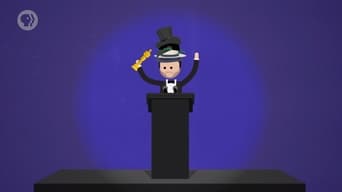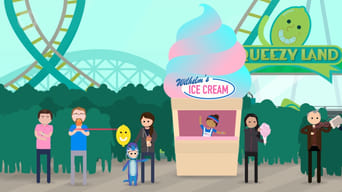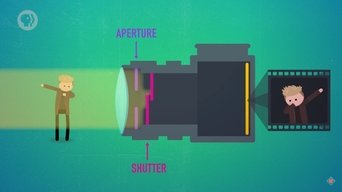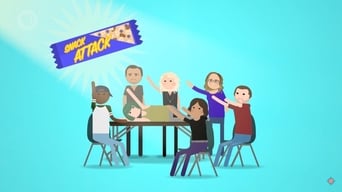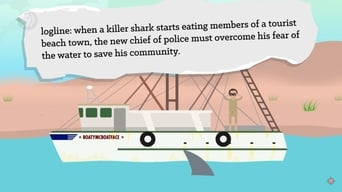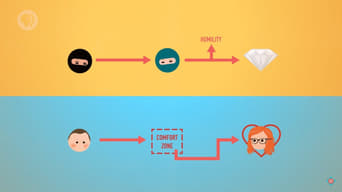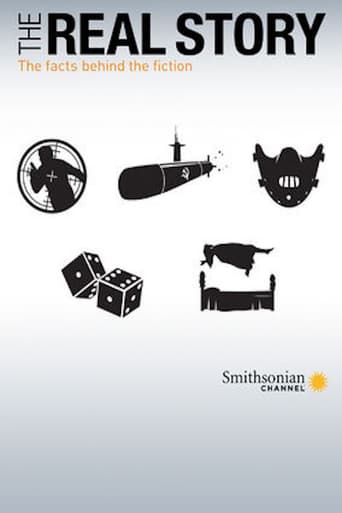Crash Course Film Production Season 1
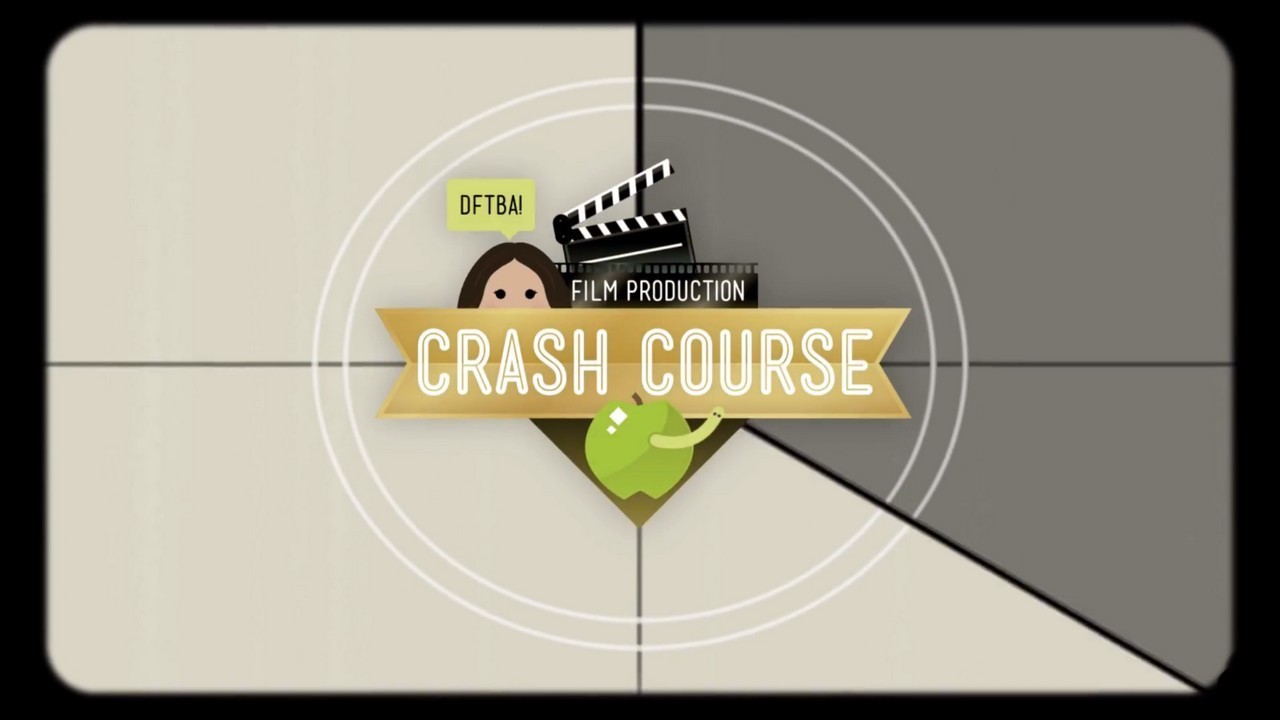
A 15 part series on how movies are (generally) made and who does what job and when.
Watch NowWith 30 Day Free Trial!
Crash Course Film Production
2017
A 15 part series on how movies are (generally) made and who does what job and when.
Watch Trailer
With 30 Day Free Trial!
Crash Course Film Production Season 1 Full Episode Guide
In our final episode of Crash Course Film Production, it's time to take a look at television production and how it differs from feature film production. It's subtle but it has a lot to do with how television shows make money for their many different types of platforms. So, strap in and get ready for a trip into the world of TV!
Should you go to film school? Great question? But there aren't necessarily a lot of direct answers. Do you want to go to Hollywood? Do you want to make movies in your spare time? Do you want to learn about world cinema? Do you want to be a director? A cinematographer? An editor? Do you want to pay for tuition? All of these questions can help you figure it out, but today Lily Gladstone will talk us through a few important things to keep in mind when deciding if film school may be right for you!
So you've made a movie. Congrats! But now you have to get people to see it. How you market your movie depends a lot on what your movie is. Is it a massive blockbuster? That means one set of requirements. Is it a small, Indy film? That's a different set of requirements. In this episode of Crash Course Film Production, Lily talks us through some of the history and methods of marketing a film to an audience.
The Editor is yet another unsung hero in the filmmaking process. For a century of film history, Editors have taken raw footage and worked to transform it into a cohesive whole. Basically making one thing from many. But, how do they do it? In this episode of Crash Course Film Production, Lily walks us through the editor's process and talks about some of the guidelines different editors use to make movies great!
Chances are, when you hear the phrase "Special Effects," you may have images pop into your mind. The Hulk smashing a city, a lightsaber fight, or maybe an alien world. But effects can be much more subtle and have been around really since the beginning of filmmaking. In this episode of Crash Course Film Production, Lily Gladstone talks about the basics of special effects.
It's time to look at some of the most under-sung heroes of the film world, Grip and Electric. Doing everything from setting up dollies and tripods, to helping the cinematographer shape the light with flags and silks, the Grips are there to make it work properly. And when working with electricity (as pretty much ever film set does) you need experienced technicians to make sure you are doing it safely and that you'll have the power you'll need. Which is where the Electric department comes in.
Literally, ‘mise-en-scene’ means “placing on stage.” But in film, mise-en-scene encompasses everything the camera is capturing. The artists and crafts-people who work in Production Design, Wardrobe, and Hair and Makeup are responsible for setting the stage of a film and making sure the characters fit on that stage. In this episode of Crash Course Film Production, Lily talks us through the roles involved in designing the world of a film.
Who takes the pictures in a movie? Who is responsible for making a movie look good, or creating meaning with light and shadow, or make an action scene clear and thrilling? A lot of the time, that's the job of the cinematographer. In this episode of Crash Course Film Production, Lily Gladstone talks to us about the role of the Cinematographer, their tools, and what they do on set.
So... what do Directors even do? That's not an easy question to answer but today Lily will do her best. Generally, directors are the driving creative force behind a movie, deciding what kind of cinematic world the story will take place in, how the performances will fit into that, and how the camera will capture that world. But, there's a lot more to discuss on this episode of Crash Course Film Production.
So... what do Producers even do? It's a hard question to answer because there are so many different kinds of producers on a movie. In this episode of Crash Course Film Production, Lily Gladstone talks us through the different kinds of producers and what they do in the movies.
Good sound is easy to miss because, usually, you're not paying attention to it. You're just simply, "in the story." But, sound recordists and engineers need to have a lot of technical know how as well as an instinct for story to help immerse us in the world of the film. In today's episode, Lily talks to us about Sound Production.
Sometimes the most intimidating part of making a movie is that little box of concentrated technology called "The Camera." But, FEAR NOT! In this episode of Crash Course Film Production, Lily helps us dissect the basics of modern movie cameras so you can have an easier time getting started... hopefully!
Who does what on a film set? And how many of them are there? What is HMU? What is a Scripty? In this episode of Crash Course Film Production, Lily gives us A BIG OVERVIEW on the Production Team. Who they are, who they report to, and why they're important.
Pitching your movie to people can be hard. A studio, a friend, your mom... each of these entities will have different stressed and give you different results. But, what's important in a pitch? And what happens after the pitch? How do you get your movie ready to film? In this episode of Crash Course Film Production, Lily gives us some advice on both.
If you want to make a movie, generally you're going to want to start with a script. In this episode of Crash Course Film Production, Lily Gladstone talks about the basics of screenplays and how to get started thinking about and actually writing your movie.
Free Trial Channels
Seasons


